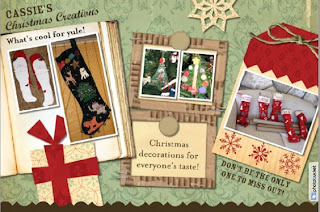- Turn in vocabulary from reading assignment #1
- Returned Quiz #1, went over answers
- Continued Reading, Guided Questions. We ended on page 48 last class. Read from 48 to 68 (the end of Part 1) and answer guided reading questions. This is the end of reading assignment #2. There will be a quiz on January 5 over reading assignment #2. Answer study guide questions to prepare.
- Vocabulary Homework: For the 5 remaining words from #2 vocabulary, complete a vocabulary activity for each. Due January 5
Fahrenheit 451 Guided Reading Questions
Page 48-68
- How does Mildred respond to Montag the morning after he watched the lady burn? What does this say about their relationship?
- How does Mildred respond when Montag tells her about the lady?
- What is going on while Mildred is trying to straighten the bed? How does Montag feel?
- Explain the “devolution” of books as Beatty tells it to Montag. How is this happening today? Give an example or 2.
- How did “mass production” affect society?
- How have the schools changed? Give an example of this in today’s school system or in your own classes.
- What does Beatty say about the minorities?
Given this, of what different minority classes are you considered to be a part?
How did minorities play a part in making books like “vanilla tapioca”? - What kind of books were left? What are people in this society allowed to read?
- What 3 things resulted in the “loss” of books?
- What does Betty say about people being “equal”?
- What did books, or the stories inside books, do to people that warranted their (the books) burning? How did they make them feel? What made them feel this way?
- Why does the age kids start Kindergarten keep getting lowered?
- What is the function of sports?
- What happened to porches and gardens? Why?
- Why is Mildred upset about Guy not wanting to go to work and wanting to quit his job?
on page 65, Guy says “I’m not happy.” - In your own words, from what you have read so far, explain why he isn’t happy.
- What does Guy share with Millie?
- Write 5 questions from what you read on pages 63-68. They should begin…
Who…
What…
Where…
How…
Why… - Extra credit
5 points each: 1)Who was Dante? 2)Swift? 3)Marcus Aurelius? What did each write?
10 points each: 1) What is Little Black Sambo 2) Uncle Tom’s Cabin? Who did they offend and why? (Read about these to find out “why.”)


.bmp)